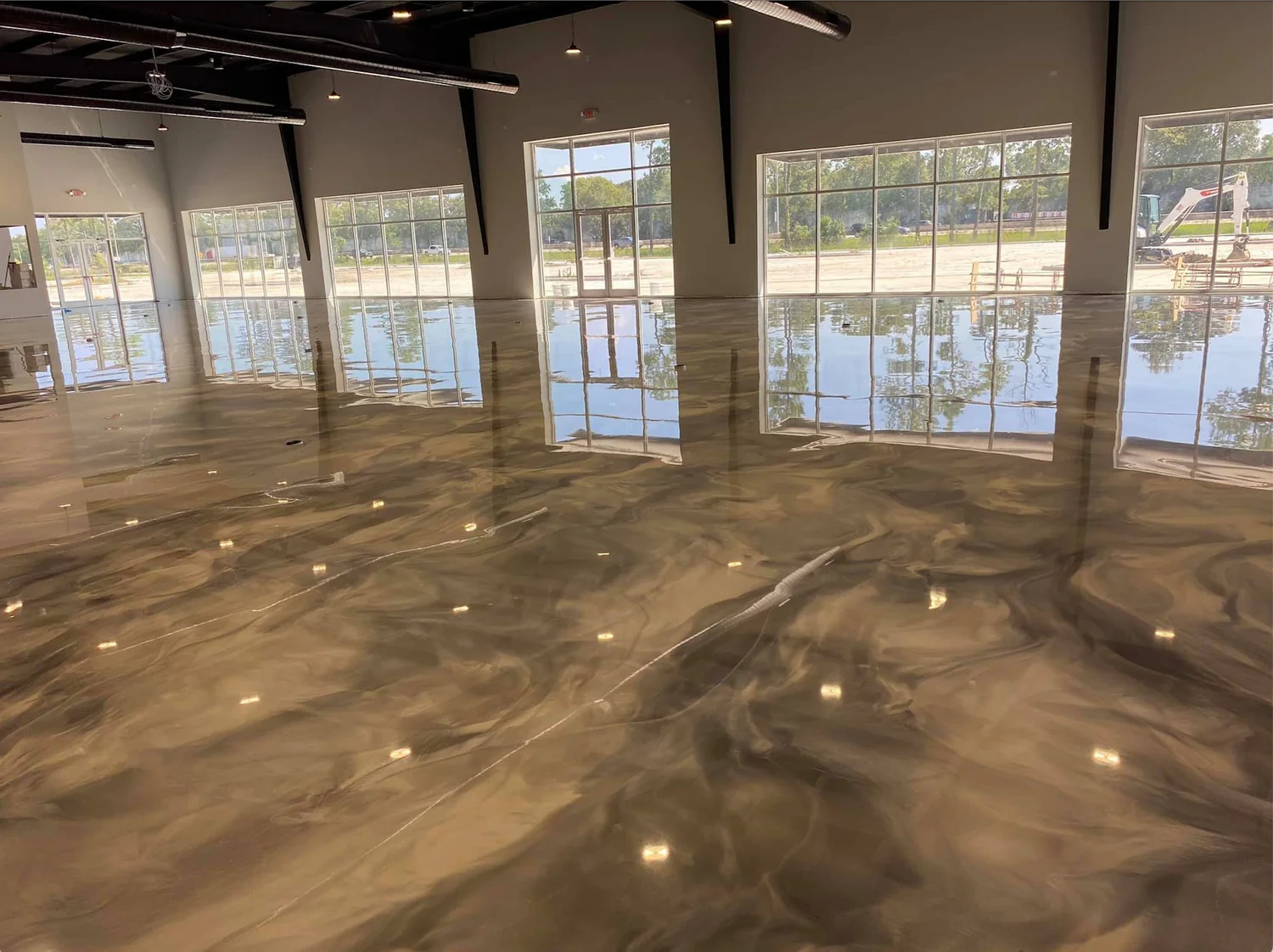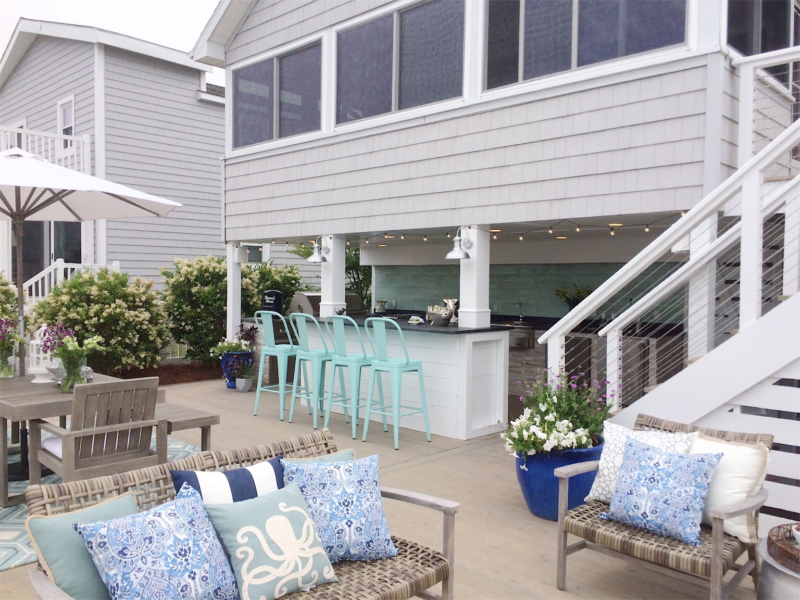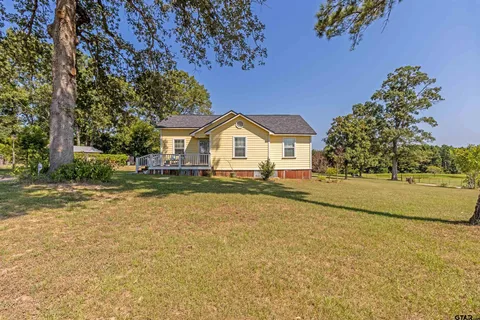Garage Floor Repair Cost: What You Can Expect to Pay

If you’ve noticed cracks, pitting, or uneven surfaces in your garage, it might be time to consider repairs—but how much does garage floor repair cost? Whether you’re facing minor surface damage or major concrete issues, understanding the cost factors involved can help you make informed decisions. Garage floors take a beating—from vehicle weight and chemical spills to seasonal temperature shifts—and that wear and tear often leads to damage that requires professional or DIY attention.
This article will walk you through the full cost range of garage floor repair, including price-per-square-foot breakdowns, materials, labor costs, and what factors most influence your final bill. We’ll also cover the differences between resurfacing, patching, full slab replacement, and epoxy coatings—so you’ll know exactly what to expect and where your money goes. Let’s break down the numbers so you can fix your floor without breaking the bank.
Signs You Need Garage Floor Repair
Before calculating costs, assess whether your garage floor really needs attention. Common warning signs include:
- Cracks larger than ¼ inch
- Surface pitting or spalling
- Water pooling or poor drainage
- Uneven slabs or settling
- Stains and peeling paint or coating
If you notice any of the above, it’s best not to delay—damage tends to worsen (and become more expensive) over time.
Average Garage Floor Repair Cost
National Average Breakdown
Garage floor repair costs can vary widely, but here’s a general estimate:
| Repair Type | Average Cost |
|---|---|
| Crack Repair | $150 – $500 |
| Resurfacing (Full Floor) | $1,000 – $3,000 |
| Slab Replacement | $4,000 – $8,000+ |
| Epoxy Coating | $1,200 – $3,500 |
| Leveling or Mudjacking | $500 – $2,500 |
| DIY Patching Kit | $30 – $100 |
Prices depend on square footage, damage severity, location, and contractor rates.
Key Factors That Affect Garage Floor Repair Cost
Size of the Garage
- 1-car garage (approx. 250 sq. ft.): Lower end of the cost spectrum
- 2-car garage (approx. 500 sq. ft.): Mid to high range
- 3-car garage or larger: May require more materials and labor, raising costs significantly
Type and Extent of Damage
- Minor cracks or cosmetic issues: Lower cost
- Structural damage or sinking concrete: Higher cost due to extra work like rebar reinforcement or mudjacking
Repair Method Used
- Patching and sealing are cheaper than full resurfacing or replacement.
- Epoxy and polyurea coatings add durability but come at a higher price.
Labor Costs
Professional labor rates vary:
- $50–$150 per hour, depending on your location and complexity
- Some contractors charge flat per-square-foot rates for coatings and resurfacing
Breakdown by Repair Type
Crack Repair
- Ideal for small, non-structural cracks
- Often completed with concrete filler or caulk
- Cost: $3–$8 per linear foot
Surface Resurfacing
- Applies a fresh layer of concrete over the existing floor
- Good for spalling, minor pits, and cosmetic upgrades
- Cost: $3–$7 per sq. ft.
Full Slab Replacement
- Necessary when the floor is extensively damaged, crumbling, or structurally unsound
- Involves demolition, removal, rebar work, and re-pouring
- Cost: $8–$16 per sq. ft.
Garage Floor Leveling
- Used when part of the slab has sunk
- Requires mudjacking (injecting slurry under the slab)
- Cost: $5–$10 per sq. ft.
Epoxy Coating
- Decorative and functional coating for new or repaired floors
- Increases resistance to chemicals, oil stains, and wear
- Cost: $4–$8 per sq. ft. for materials and labor
DIY vs. Professional Garage Floor Repair
DIY Repair
Pros:
- Lower upfront cost
- Good for minor issues like small cracks or pitting
- Kits are widely available and beginner-friendly
Cons:
- Time-consuming
- May not last as long or look as clean
- Not suitable for major damage
DIY Patch Kit Cost: $30–$100
DIY Epoxy Kit Cost: $75–$300 for average garage size
Professional Repair
Pros:
- High-quality finish
- Longer-lasting results
- Access to commercial-grade materials
Cons:
- Higher cost
- Scheduling and availability
Cost-Saving Tips for Garage Floor Repair
- Bundle repairs: Fix cracks and apply epoxy in the same visit to save on labor.
- Get multiple quotes: Prices can vary significantly between contractors.
- Choose off-season: Prices may drop in fall or winter when demand is lower.
- Prep the area yourself: Clearing out the garage beforehand can reduce labor time.
How Long Do Garage Floor Repairs Last?
| Repair Type | Lifespan (Average) |
|---|---|
| Crack Sealing | 3 – 7 years |
| Resurfacing | 8 – 15 years |
| Slab Replacement | 20+ years |
| Epoxy Coating | 5 – 10 years |
Lifespan depends on product quality, climate, and maintenance.
When to Replace Instead of Repair
Choose full replacement if:
- Cracks are wide, deep, or cover more than 30% of the floor
- Water issues persist even after patching
- The surface is severely uneven or has structural damage
- You want to install a radiant heating system beneath the floor
Common Garage Floor Repair Questions
Is repairing garage floors covered by homeowners insurance?
Usually not, unless the damage was caused by a covered peril like a burst pipe or earthquake. Wear and tear or aging is typically not included.
Can I live in my home while garage floor work is done?
Yes, but you’ll need to relocate your vehicles and clear the space. Some repairs emit strong odors—ventilation is key.
How long does the repair take?
- Crack sealing: A few hours
- Resurfacing: 1–2 days
- Full replacement: 3–5 days
- Epoxy coating: 2–4 days (including curing)
Conclusion
Garage floor repair cost can range from a simple $150 crack fix to a $7,000 slab replacement. The key is understanding the type and extent of damage so you can choose the most efficient solution—whether that’s DIY patching or professional resurfacing. By comparing estimates, understanding what drives pricing, and planning smartly, you can get your garage floor back in shape without overspending.
Still unsure which route is best? Consider starting with a small repair and monitoring results—or schedule a professional inspection to get a custom quote.




